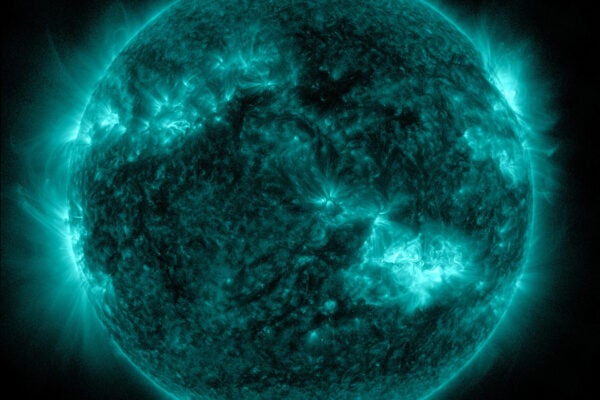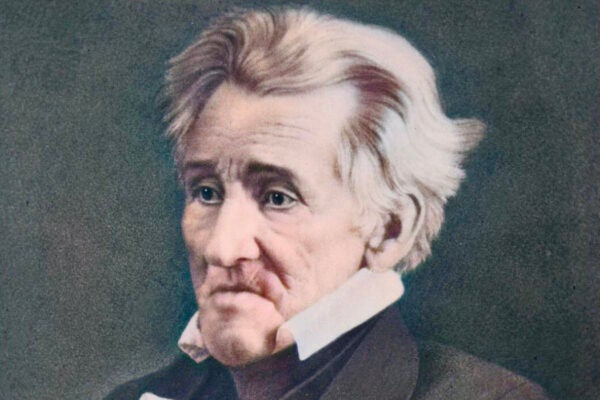How Libraries Stand the Test of Time
The digital era builds upon millennia of librarianship as humans strive to preserve our cultural heritage.
Marbury v. Madison: Annotated
Justice John Marshall’s ruling on Marbury v. Madison gave the courts the right to declare acts and laws of the legislative and executive branches unconstitutional.
Aruba: Black Gold and Boas
What happens when an oil-rich island paradise interrupts its production of petroleum? You may have to visit the Caribbean island of Aruba to find out.
Pan-Asianism Redux, or Why We Think Japan Is Special
Observers have long hailed Japan’s aptitude for cultural synthesis. Is this characterization warranted, or does it reflect a collective fantasy about exceptionalism?
Colliding Plasma Ejections From the Sun Generate Huge Geomagnetic Storms
Studying them will help scientists monitor future space weather.
Citizens United v. Federal Election Commission: Annotated
The 2010 decision, enabling the rise of super PACS, made possible new and more covert mechanisms for funding election campaigns in the United States.
The Strange Experiments of Henry Cavendish
Cavendish was an idiosyncratic scientist who conducted fascinating experiments, such as “weighing” the Earth and splitting water into its constituent elements.
Andrew Jackson’s Speech on the Indian Removal Act: Annotated
In December 1830, two months after the passage of the Indian Removal Act, President Andrew Jackson used his annual Congressional message to celebrate the policy.
Surprising Discovery Challenges Key Principle of Modern Cosmology
Observations of an enormous cosmic structure, dubbed the "Big Ring," seem to violate the Copernican principle.
The Annotated Oppenheimer
Celebrated and damned as the “father of the atomic bomb,” theoretical physicist J. Robert Oppenheimer lived a complicated scientific and political life.









